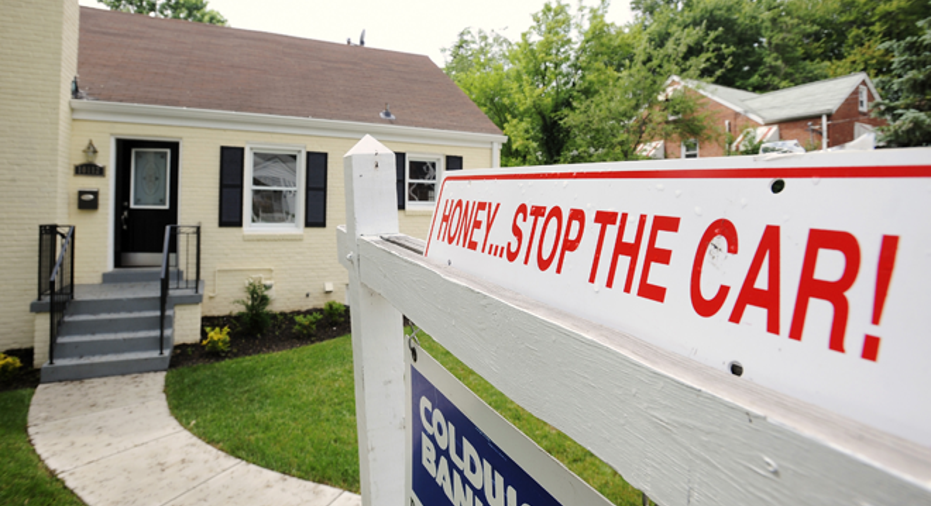Millennials Headed to the Suburbs?

The all-too-common belief that Millennials are into renting and not owning is, according to a new study from Nielsen and The Demand Institute, not exactly true. The report says when it comes to having an economic impact, “Millennials are no longer Generation Next, but rather Generation Now.”
To underscore that point, The Demand Institute forecasts that while today there are only 13.3 Millennial households in the U.S., by 2018 that number will soar to 22 million. In fact, Millennials are expected to spend around $2 trillion on home purchases and rent in the next five years (dispelling the notion they’re all living in their parents’ basements) and the study dubs them “the house-buying generation.” While their next immediate move is likely to rent, more than 80 percent say they already own or plan to buy their own homes someday.
Millennial behaviors are not all that different from prior generations. Most, says the study, plan to get married and have kids in the next five years. And despite the belief Gen Y is looking to live a Sex in the City life, many will be looking for larger spaces and safe neighborhoods to live in and decent schools to send their kids. In other words, they’re headed to the suburbs.
But, the report emphasizes, urban areas are a strong lure, even for those who live in the ‘burbs. Essentially Millennials are looking for “Communities that can fuse the best of urban living (e.g., convenience and walkability) with the best of suburban living (e.g., good schools and more space).”
This movement (the report calls it an “evolution” not a revolution) spells opportunity for small business owners in a diverse array of industries. Anyone who has ever lived in the suburbs knows a car is practically mandatory. So whether you’re a car dealer or sell furniture and home décor you need to examine your selection of merchandise and figure out how you can broaden it, making it more appealing to a younger generation whose members are generally looking for value (and quality) when they spend their money.
Service businesses will benefit as well. Obviously real estate agents will see an influx of new customers. And if we’re on the precipice of yet another baby boom (we’re hardly over the second one), customers will be seeking child-care solutions (as well as baby clothing and furniture). But those seeking a city/suburban fusion will also look to local restaurants to provide that rare combination of convenient location and upscale, artisanal food. (Food halls, filled with artisanal food choices, are already making an impact in the suburbs nationwide.)
But personal services should also do well. Young suburban dwellers are not likely going to settle for looking (hair salons, spas, clothing stores) like the suburban moms and dads they grew up with.
The Nielsen study also suggests that due to “rising levels of student debt” (collectively they owe about $1 trillion) Millennials will be in search of alternative sources of financing for mortgages, such as “the ‘lease-to-own’ model, in which a renter accrues equity and can then purchase the home if he or she desires, and to single-family-home rentals.”
Younger generations, as they age, always seem to defy the labels slapped on them while they’re just coming into adulthood. Remember Gen X? Once defined as a generation of slackers, these folks are now the nation’s parents, spending big bucks on themselves and their kids, and earn about one-third of the nation’s income.



















